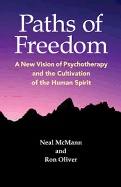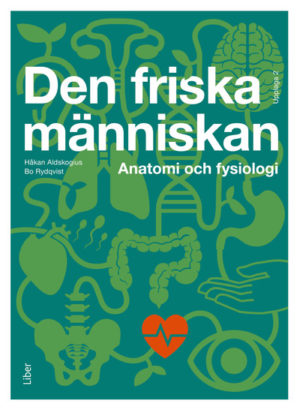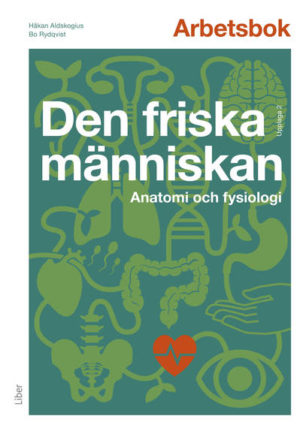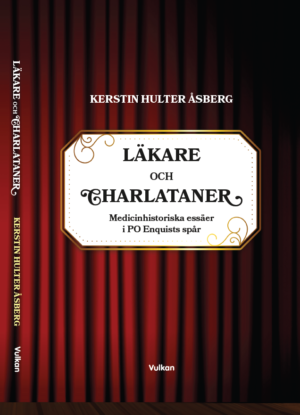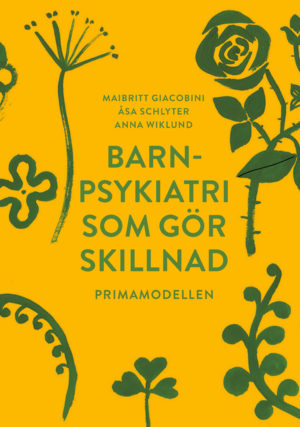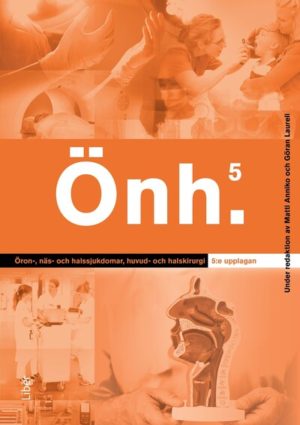A clear and enlightened analysis of the underlying conceptual and practical applications of modern psychotherapy, this book questions many of the assumptions and limitations of psychotherapy as it is practiced today. These include the overwhelming need to identify a "problem," the consequent rush to a "quick fix," and psychologically narrow, reductionistic views of human possibility, experience, and ways of being in the world.
In the understanding of the psychotherapist authors (with a combined four decades of practice between them), life is not a problem to be solved, but a reality to be experienced and understood. They draw on Native American beliefs and the teachings of Eastern philosophy in their argument that psychotherapy does not exist to alleviate troubles, but to assist the individual in the discovery of the meaning and truth that exist within the pain, suffering, excitement, despair, and all other human emotions and experiences. The central emphasis of psychotherapy should be on how we can accept life in its totality--in a way that allows self-knowledge to surface.
Paths of Freedom seeks to unburden the provider as well as the seeker of psychotherapy and explores personal liberation from a society that would have its members exist in prescribed ways. Rather than abdicating freedom and authenticity through seeking a truth external to ourselves, we should engage with the whole of experience, fully awake and sensitive to all of life.
